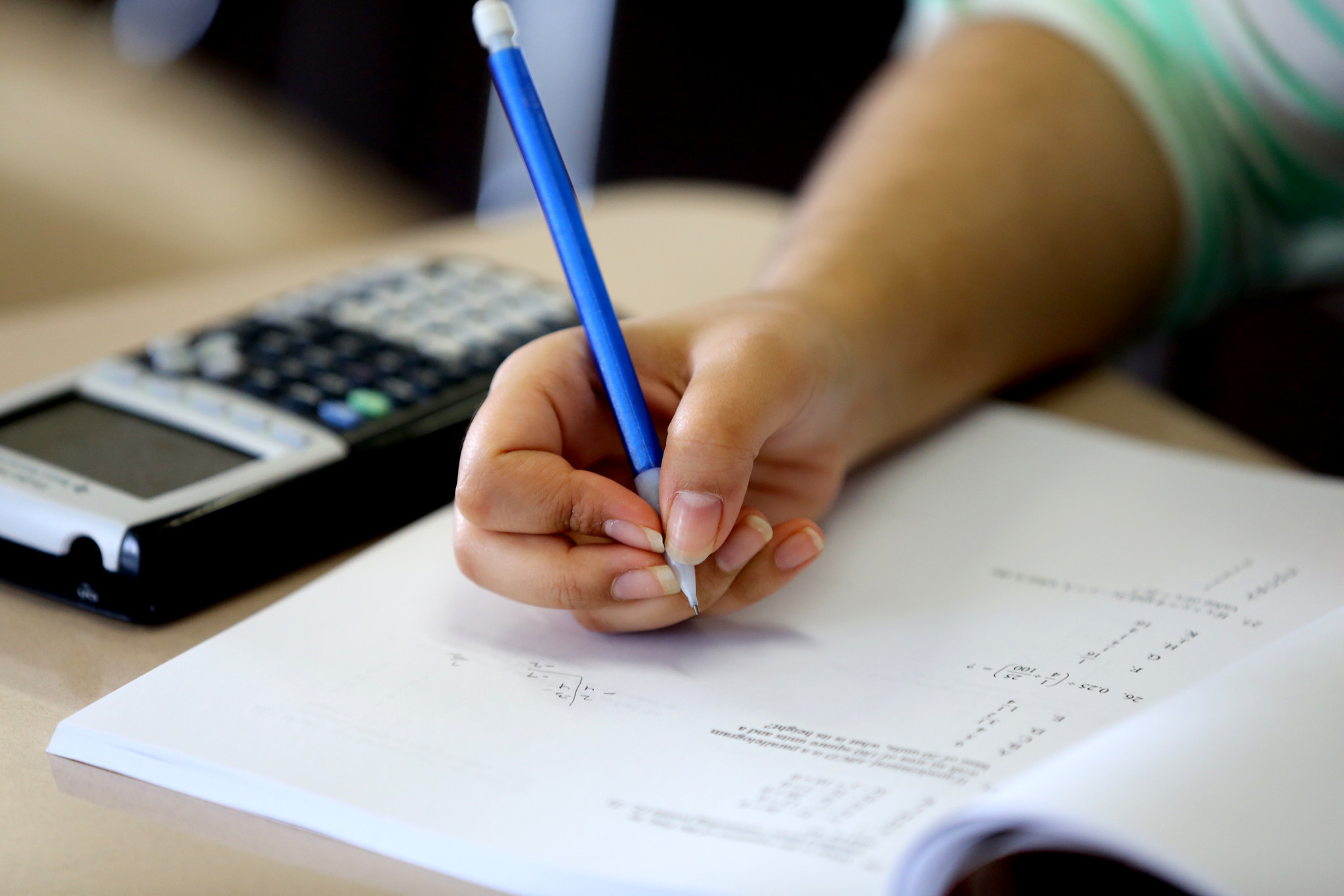
Examination time can be stressful since it can put pressure on students to perform well. However, there are a number of things that you can do which will help you to prepare more effectively for exams.
Starting your revision early will give you sufficient time to cover all of the material you've covered in your classes and to go over all of the notes that you've taken. Don't leave exam preparation until the last minute, cramming for exams rarely works.
Whether you're studying in the library or studying from at home, take the time to organise your study space. Ensure that you have your organised notes, essential handouts and text books nearby. Turn off any unnecessary electronic devices that may distract you while revising. Staying focused during study sessions is really important and will help you to retain valuable information.
Many students incorrectly assume that studying for hours on end increases productivity when it comes to exam revision. This isn't the case however and extendend study sessions can often have the opposite effect, sometimes leaving you tired, lethargic and unable to retain the information that you've covered. Using shorter, regular and more intensive revision bursts can be more productive. Visit the section on timetabling to help you create a revision schedule that works best for you.
One of the most effective ways to prepare for exams is to practice with past exam papers. This will help you to familiarise yourself with exam paper layout and the overall structure of the paper. By practicing with previous exam papers, you can also practice your timing when answering each section of the paper. You can access past MTU departmental exam papers here.
It's always a good idea to set yourself goals during each study session.
Typical goals might include:
- I'm going to read and summarise chapters 2 & 3 from this title on my recommened reading list.
- I'm going to review and learn key concepts that my lecturer covered in weeks 5 and 6.
- I'll attempt two questions from the 2018 past exam paper.
Organising study sessions with a small group of classmates is a great way to prepare for upcoming exams. Together you can work through course material, ask questions about course content and think about possible exam questions that may come up on the day of the examination. You can even book a Library Study Hub if you'd like to organise a Study Group.
There are a number of different learning styles and it's best to find out which one suits you best when revising for exams.
If you're an auditory learner, you may find recording your notes and then listening to them again afterwards helpful. Your lecturer may also have recorded classes and provided other helpful material in Canvas, so that's worth checking out too.
If you're a visual learner, you may find it useful to create diagrams, illustrations and flow-charts, highlighting key aspects of your revision material.
No matter what type of learning style you decide to use, the goal is to ultimately help you memorise key facts and to understand essential concepts from your course material.